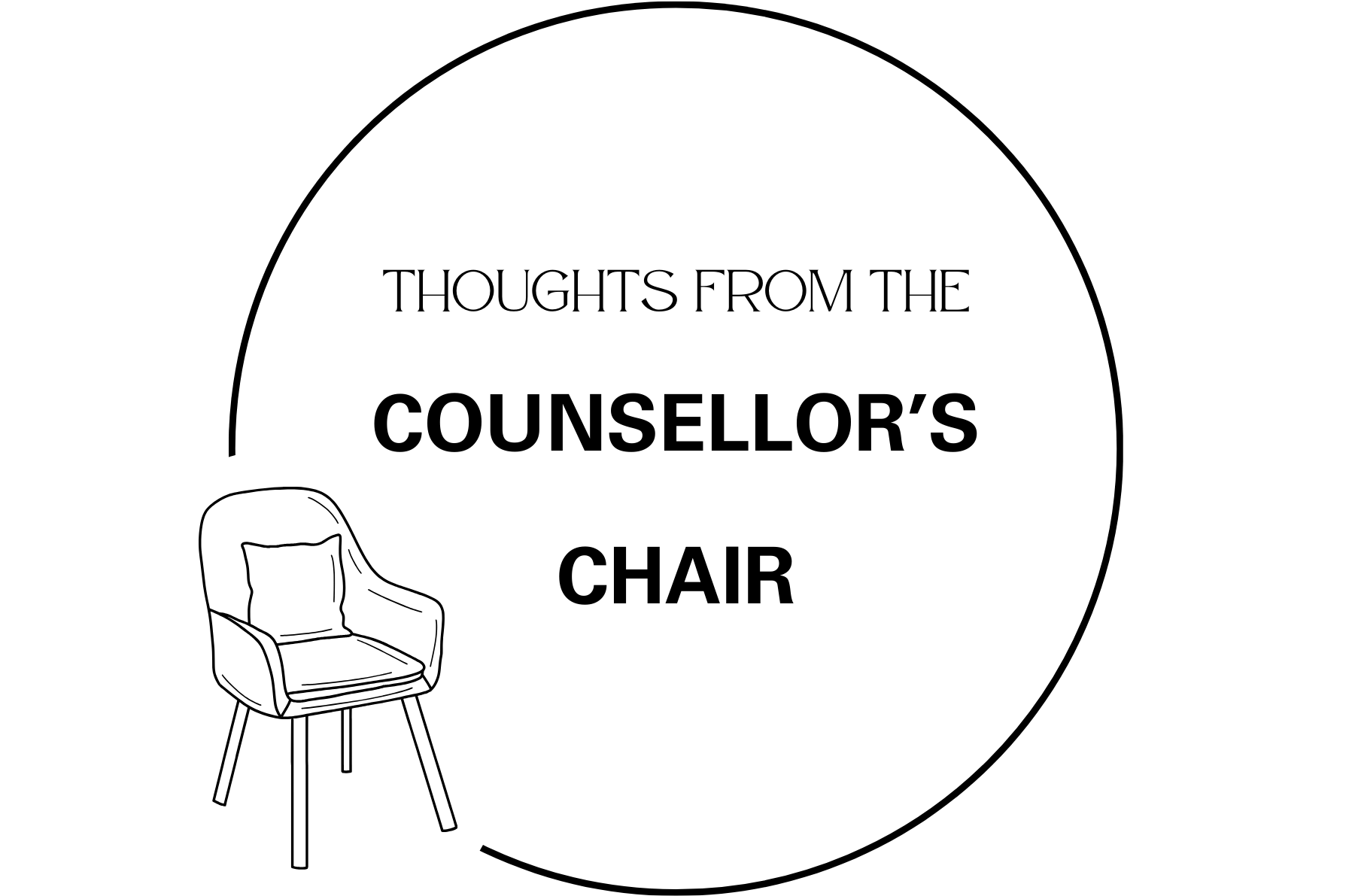Overparenting and Its Impact on Child Development
18 April 2024

Overparenting and Its Impact on Child Development
In the ever-evolving parenting landscape, one question seems to persist: Can a parent do too much for their child? This query has sparked numerous debates among parenting professionals, shedding light on what parenting experts call overparenting. Judith Locke, a prominent figure in the field, has extensively examined this phenomenon, offering insights that challenge conventional notions of parental involvement.
Overparenting, as Locke defines it, involves excessive control, protection, and intervention by parents in their child's life. We all know we love our children and want the best for them in all areas, the consequences of too much however, or overparenting can be detrimental to a child's development. By constantly shielding our children from failure or discomfort, our children are robbed of the opportunity to learn resilience, problem-solving skills, and independence.
Dr Locke indicates in her book “The Bonsai Child’, we as parents have to find the importance of striking a balance between providing support and allowing children to navigate challenges on their own. Locke emphasises the significance of fostering autonomy and self-reliance from an early age, enabling children to develop into confident, capable individuals.
One of the key repercussions of overparenting is the stunting of emotional and social growth. When we as parents micromanage every aspect of our child's life, it inhibits their ability to develop coping mechanisms and interpersonal skills. Moreover, it fosters a sense of entitlement and dependency that can persist into adulthood, hindering their ability to thrive in the real world.
As a parent, it's essential that I reflect on my parenting style and recognise when my actions may be veering into overparenting territory. Instead of shielding my children from every obstacle, I need to empower them to face challenges head-on, offering guidance and support when needed but allowing them the freedom to learn from their experiences.
Judith Locke's exploration of overparenting serves as a poignant reminder of the delicate balance between nurturing and enabling. By fostering independence and resilience in our children, we equip them with the tools necessary to navigate life's complexities with confidence and adaptability. Let's strive to be mindful parents, guiding our children towards self-sufficiency while providing a safety net of love and encouragement along the way.

Mr Byron Hunt
Counsellor at Calvary Christian College
